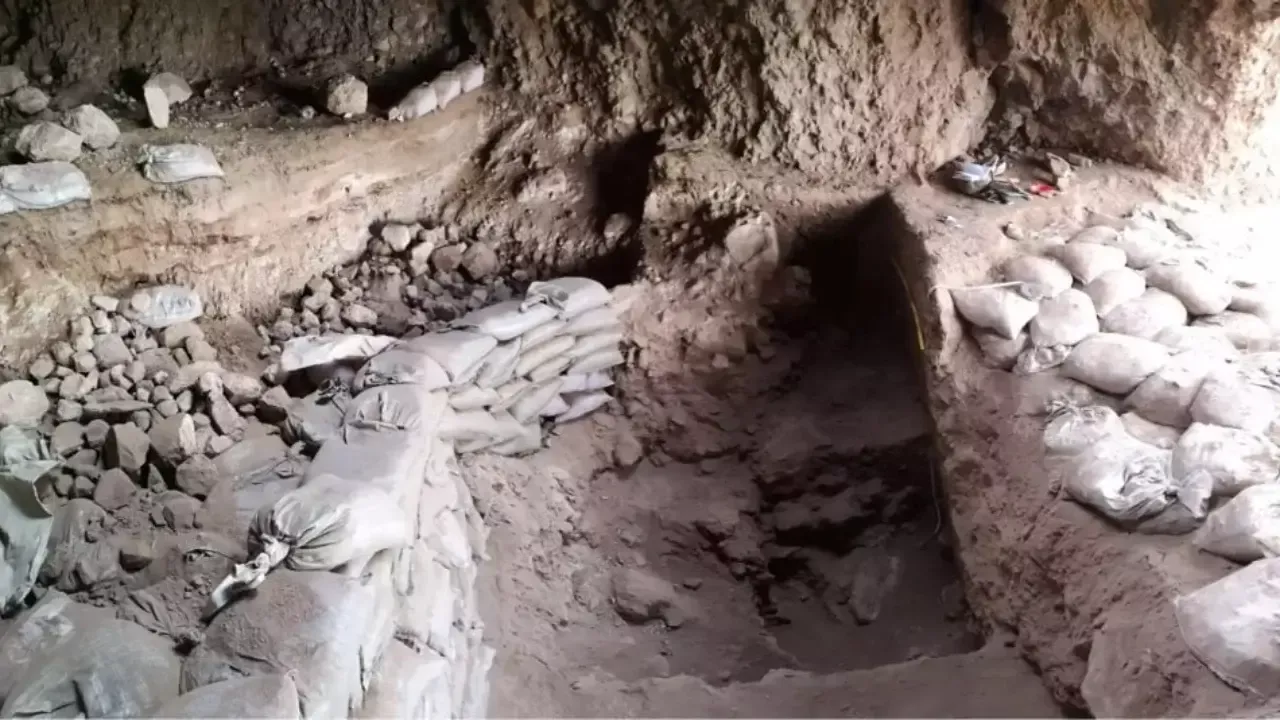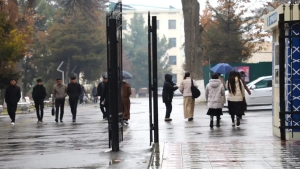9200-Year-Old Farming Discovered in the Boysun Mountains

A new archaeological discovery has been made in the Boysun mountains area of Surxondaryo region. This was reported by Zamin.uz.
Excavations conducted in Toda cave uncovered ancient tools and remains of wild grain plants dating back approximately 9200 years. According to the Cultural Heritage Agency, these findings indicate that the region’s earliest inhabitants engaged not only in hunting and gathering but also in the initial forms of farming.
The research was carried out under the leadership of Professor Xinying Zhou from the Institute of Archaeology and Paleoanthropology of the Chinese Academy of Sciences, with participation from scientists of the Samarkand Archaeology Institute. During the excavations, ancient stone sickles, wild grain seeds, and tools intended for processing them were found.
Marks of harvesting and processing cereal stalks are clearly preserved on the surfaces of these tools. According to Robert Spengler, a scientist from the Geoanthropology Institute in Germany, this discovery confirms that farming developed independently not only in one area but in various parts of the Eurasian region.
Similar tools have also been identified in the Levant region and at the Obishir-5 site in Kyrgyzstan. This suggests that agricultural traditions emerged spontaneously in different regions.
Experts believe that the archaeological finds in the Boysun mountains are significant not only for the in-depth study of Uzbekistan’s history but also for understanding how humanity’s earliest agrarian culture originated. This discovery is recognized as an important source in world archaeology (source: zamin.uz).







